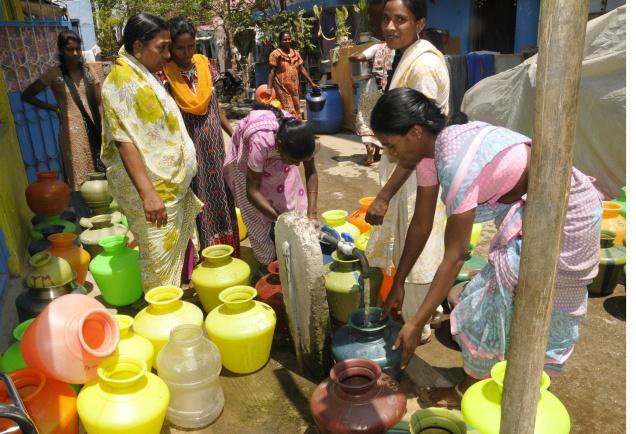Electronics City and the Bidadi Industrial Area are soon to become water sustainable zones (WSZ), with some help from the Karnataka unit of the Confederation of Indian Industries (CII).
The WSZ, engineered by CII’s water task force, is the outcome of an integrated urban management plan that will work to reduce usage of fresh water while increasing its availability through measures like rainwater harvesting and recharging of groundwater.
At the Annual Urban Water Conference organised by the CII on Wednesday, Hariprasad Hegde, convenor, CII Karnataka Water Taskforce, said the Electronics City Industries Association (ELCIA) and Bidadi Industries Association (BIA) have agreed to implement water sustainability in their areas.
A study titled ‘An Integrated Water Management Startegy for Bengaluru’ by international consultants McKinsey was released on the occasion. The study recommends a six-point action plan — to encourage recycling and reuse, increase rainwater harvesting, rejuvenate lakes, design a solution to use tertiary treatment water, stem leakages and formulate a comprehensive strategy for sustainable use of ground water.
Karnataka State Water Network (KSWN), a platform that aims to bring together groups working on water, was launched at the event. The network, designed as an industry outreach program by the CII, aims to develop into an online platform and co-opt civil society and all stakeholders.
Kapil Mohan, Principal Secretary, State Water Resources Department, who launched the initiative, said laying down water use and conservation standards for industries and making the compliance costs low was the way forward. Mr. Mohan said water audits would become a norm in the near future.
Maheshwar Rao, State Commissioner for Industrial Development, said while water availability in the northern Krishna basin was better than in the southern Cauvery basin, industries opted for the already-stressed Cauvery basin due to various factors like location, connectivity, logistics and market.
He said adapting green technologies and water conservation measures could de-stress the Cauvery basin.



